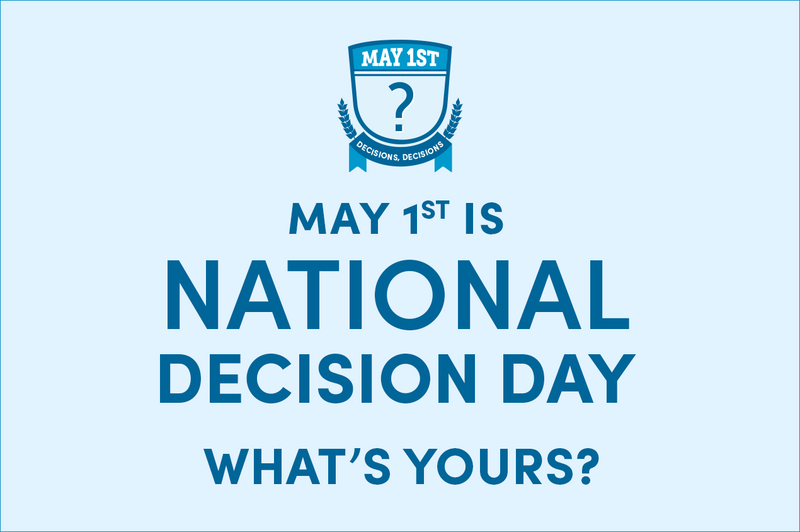Isabela Alvarez Harris ‘21, USA-Minn., received four college acceptances — all with substantial scholarships — after applying to six schools.
In the end, Isabela chose Case Western Reserve University in Cleveland, Ohio, where she will major in nursing and healthcare management with a possible minor in nutrition. Her scholarship will cover 98 percent of her education costs.
“I chose Case Western because they have a fantastic nursing program that begins clinical rotations in the first year and is also located next to three major hospitals, allowing for great exposure to a hospital setting,” she said.
In addition, Case Western offers an integrated bachelor’s of science in nursing and master’s in healthcare management, which will allow Isabel to graduate with both titles within five years.
As of Tuesday, 43 second-years had shared their decisions for college with Marie Assir, director of college counseling.
“Due to COVID, changes in the IB, and most colleges in the U.S. going test-optional, this was a very challenging year in college admissions,” said college counselor Patrick Firme. “Despite that, students worked very hard on their applications, and the decisions turned out very well for the class of 2021. Marie and I are very proud of what the second-years accomplished this year with their admission decisions, and are excited to see what they accomplish at their colleges and universities.”
Other students who shared the news with Castle on the Hill included:
- Tamzid Islam, Bangladesh, Embry Riddle Aeronautical University in Daytona Beach, Fla., to study aerospace engineering and music.
- Yingzheng Fiona Li, UC Berkeley to study global studies and data science.
- Eliott Choppin, Belgium, Delft University of Technology in the Netherlands to study architecture.
- Alison Karki, USA-NJ, Georgetown University in Washington, D.C., to study either government or women, gender and sexuality studies.
- Oluwatomisin Adeyemi, Nigeria, New York University in New York City to study computer science and economics.
- William Kattrup, Denmark, majoring in international relations at or Brown University in Providence, R.I.
- Jon Yeung, Hong Kong, Cornell University in Ithaca, N.Y., majoring in architecture with a double minor in business and real estate.
- Luci Bryson, USA-Ala., Middlebury College in Vermont to major in neuroscience and minor in studio art.
- Daniela Rivas, El Salvador, Lewis and Clark College in Portland, Ore., majoring in international affairs with a minor in political economy.
- Julius Schaut, Germany, College of the Atlantic in Bar Harbor, Maine, to study human ecology after taking a gap year
- Emily Li, Hong Kong, Parsons School of Design in New York City for a dual degree in communication design and politics.
Jon Yeung applied to 14 colleges, was accepted to four and waitlisted by three. He chose Cornell University in New York for its undergraduate architecture program, which is ranked No. 1 in the United States.
“I also liked their campus a lot from my tour back in 2019,” Jon said.
Luci Bryson received full scholarships to Middlebury College in Vermont, Bard College in Annandale-on-Hudson, N.Y., and Lewis & Clark College in Portland, Ore. with the Presidential Scholarship Award.
“I ended up choosing Middlebury because they have a strong program for neuroscience and rehabilitative psychological research that I’m excited to hopefully participate in,” Luci said. “For now, the plan is to work towards a doctorate in psychology or become an art therapist.”
She looks forward to exploring the East Coast and continuing living in nature as well as being so close to Burlington and Montreal.










